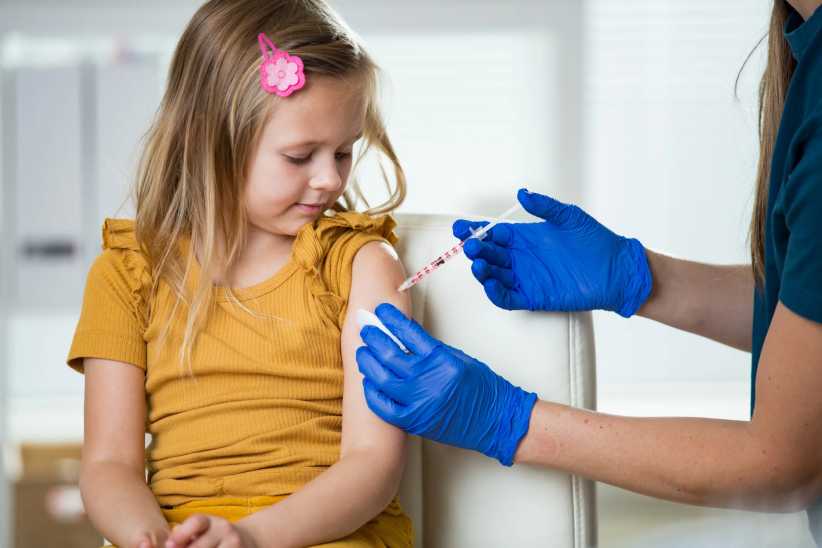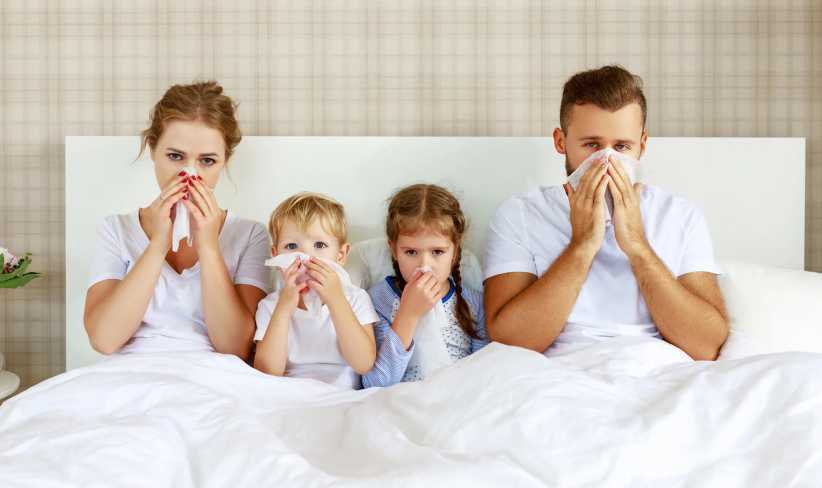A few tips from New York City Treats Tobacco, a program at NYU Langone Medical Center, to quit smoking and stay cigarette-free.
Start by cutting out the cigarettes.
Cigarette smoking weakens the immune system, damaging important parts of the lungs that fight against infection. Cigarette smoking compromises nearly every organ in the body and puts you at high risk for stroke, heart attack, and cancer. When you smoke, others are at risk for the same health consequences.
Refrain from cigarettes around family, children, and friends. Secondhand smoke exposes bystanders to the same harmful chemicals that smokers inhale. So don’t introduce that risk for them, and they will thank you.
The health benefits once you stop smoking begin almost immediately. After just 24 hours without a cigarette, the lungs begin the process of eliminating mucus and debris, which frees them to better fight infections. Moderate to heavy smokers can get two weeks’ worth of nicotine patches or gum at no cost using the New York Smoker’s Quitline (1-866-NY-QUITS). The Quitline also provides phone counseling, text support, and a large online community.
Stay active.
Take a break from entertaining and hit the gym for some simple exercise. Studies have shown that 15-30 minutes of exercise, such as brisk walking, aerobics, or yoga, can alleviate nicotine cravings by triggering dopamine production in the brain. Dopamine helps the brain regulate emotions, and can help stem cravings by keeping you happy and motivated. Smokers typically have shortness of breath during exercise, but once you quit smoking you will begin to breathe easier.
If the gym isn’t your thing, doing some light to moderate exercises at home can be enough to resist cravings, improve blood circulation, and boost immunity. Getting active in any way might just be what kicks the urge to smoke.
Get a physical.
Many insurance companies cover a once a year physical at no cost. At your physical, talk with your doctor to help select a strategy that puts you on track for a smoke-free life. Right now, there are seven evidence-based tobacco cessation treatments that have been approved by the U.S. Food and Drug Administration—some over the counter and others with a prescription from your health care provider. These therapies, when in combination with counseling, are proven to be effective, so make your appointment and start today.
RELATED:
Find a health care provider near you
The health risks of third-hand smoke













